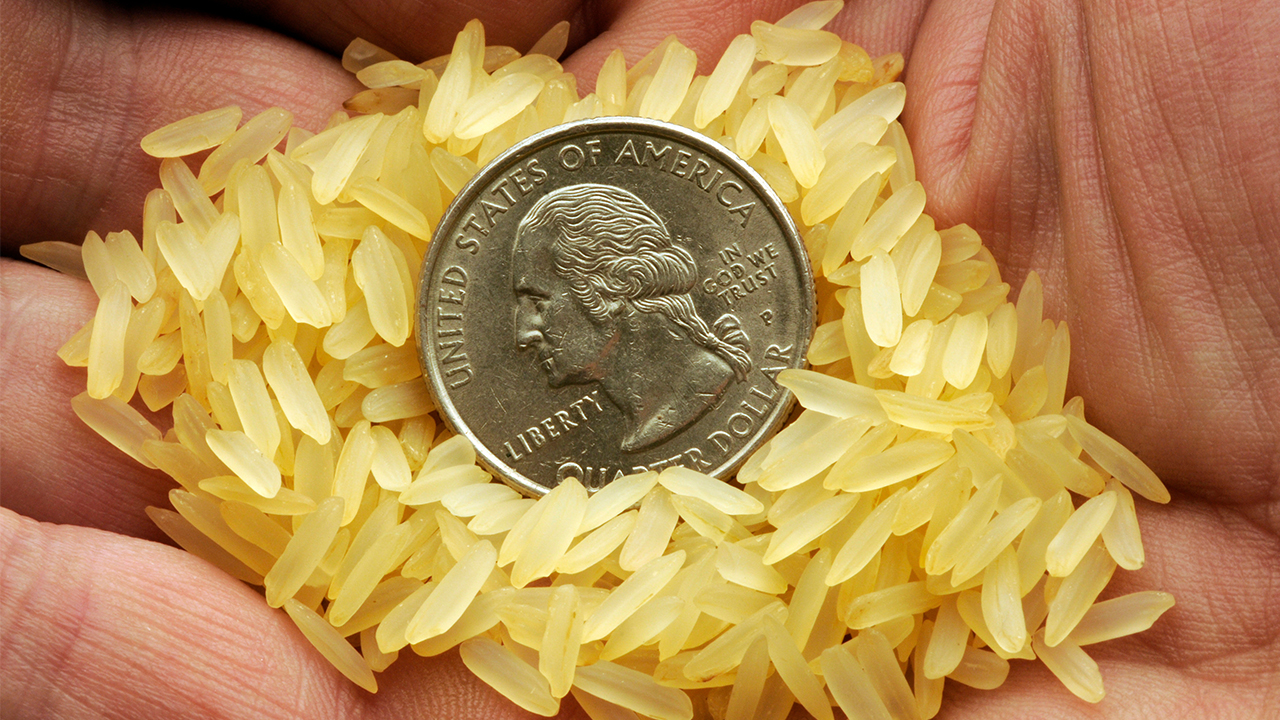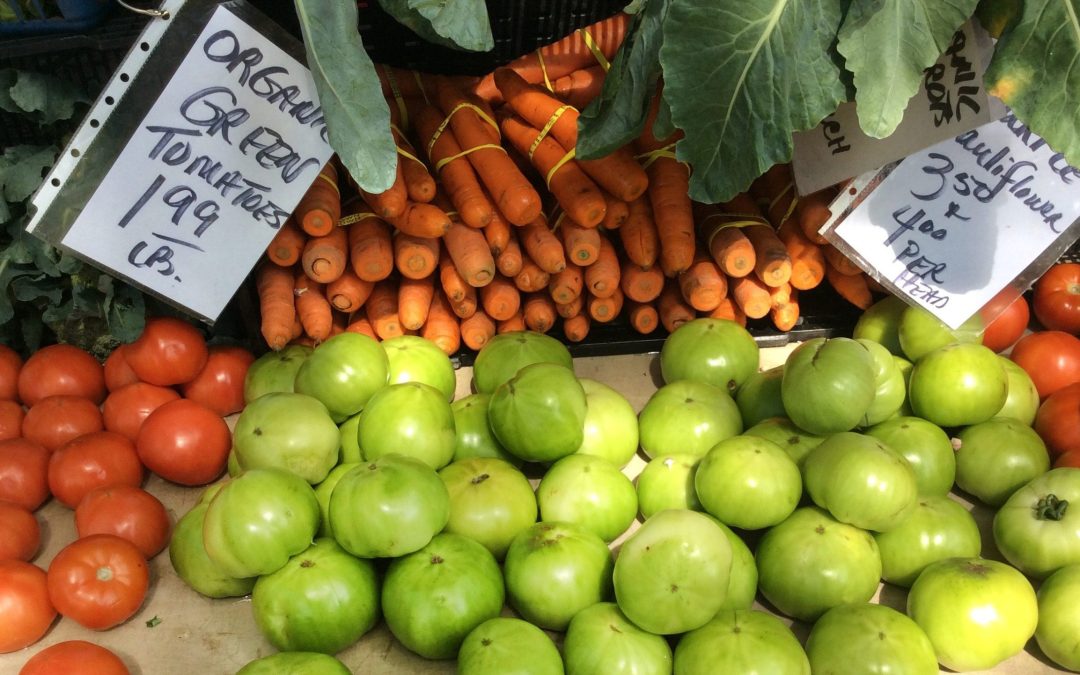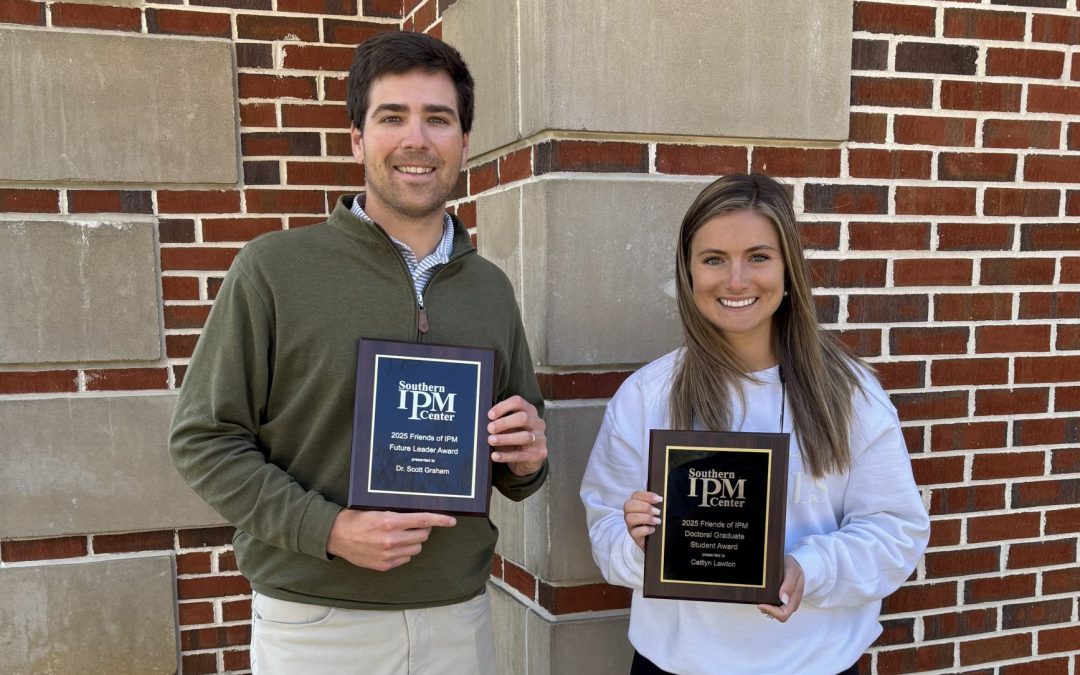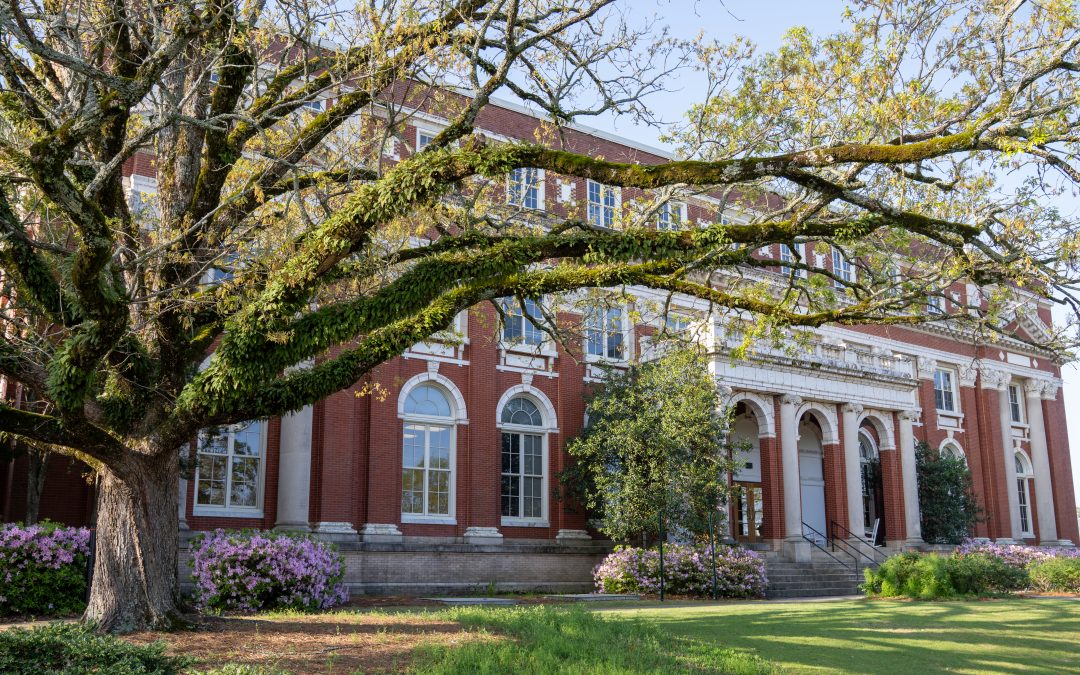“The Handbook of Microfinance, Financial Inclusion and Development,” edited by Valentina M. Hartarska, Alumni Professor in the Department of Agricultural Economics & Rural Sociology, details the conceptual frameworks for financial inclusion, the importance of how microfinance reaches clients, and evidence presented by practitioners from different regions and countries.
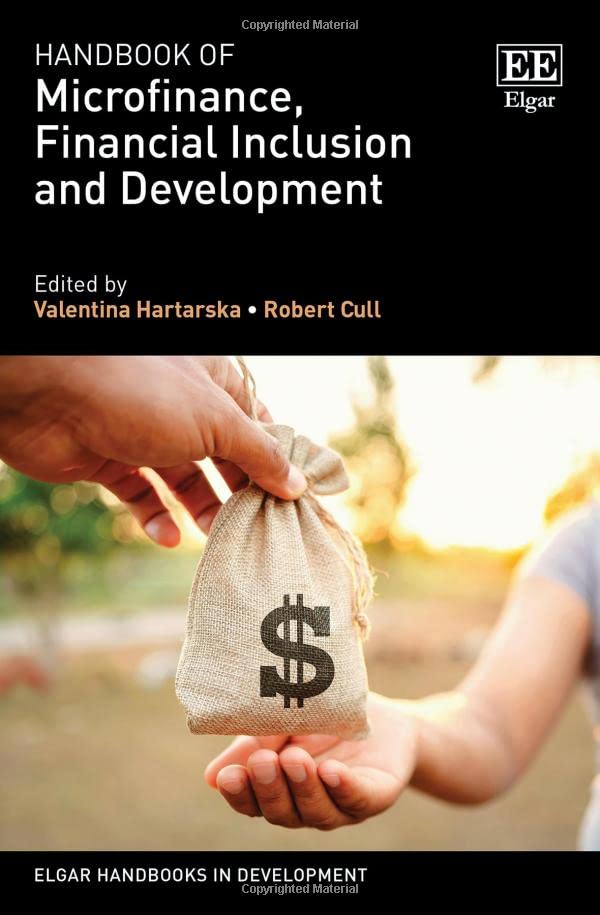 Broadly defined as a banking service tailored to low-income small businesses and individuals, microfinance may often be associated with concerns such as increased debt; however, this handbook seeks to help readers better understand who microfinance reaches and how it suits the needs of clients.
Broadly defined as a banking service tailored to low-income small businesses and individuals, microfinance may often be associated with concerns such as increased debt; however, this handbook seeks to help readers better understand who microfinance reaches and how it suits the needs of clients.
“Does microfinance deserve its bad reputation? It is certainly not without its challenges. However, evidence suggests that microfinance still has plenty to offer for poorer households.” -Valentina M. Hartarska and Robert Cull
Hartarska and fellow editor Robert Cull of the World Bank explain how borrowers not only borrow repeatedly but straying from microfinance can affect earnings down the line. Specific insights into agriculture include the special role of value chain finance and agricultural insurance products for smallholder producers. Critical acclaim for the hardcover handbook includes praises from Niel Herms from the University of Groningen and Thorsten Beck from the European University Institute in Italy.
“An impressive collection of articles on many important aspects of microfinance; written by experts in the field and providing a unique and comprehensive overview of where microfinance stands in the 2020s.”
– Thorsten Beck, European University Institute, Italy
Given its global recognition, the College of Agriculture is proud of Dr. Hartarska’s accomplishments with her notable work for the book’s publication. “Dr. Hartarska’s book represents a prestigious academic accomplishment, and I believe it will be interesting to people on and off campus,” said Joshua M. Duke, Department Head and Professor for the Department of Agricultural Economics & Rural Sociology.
Access “The Handbook of Microfinance, Financial Inclusion and Development” and more information here or on Amazon.

